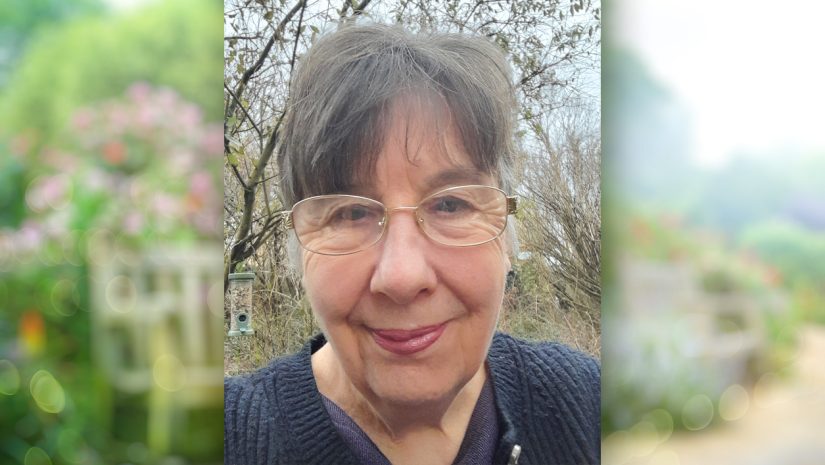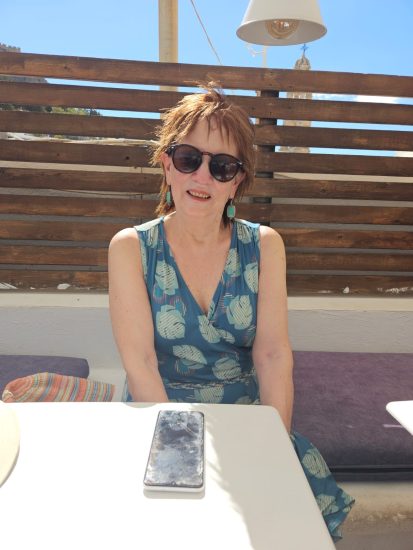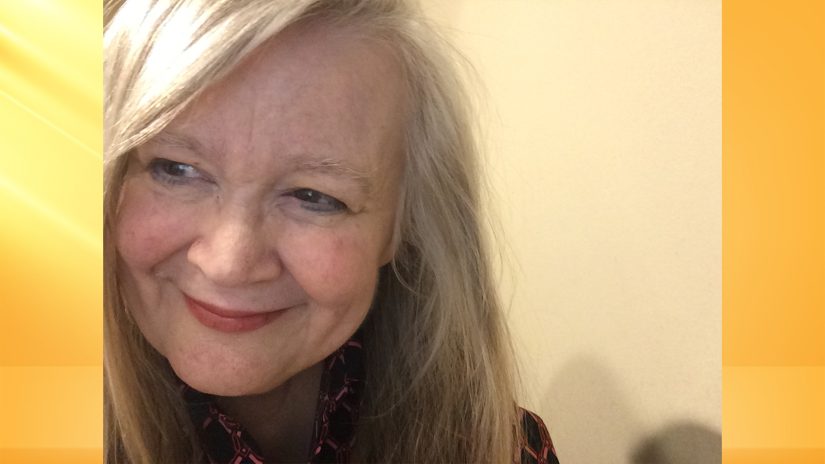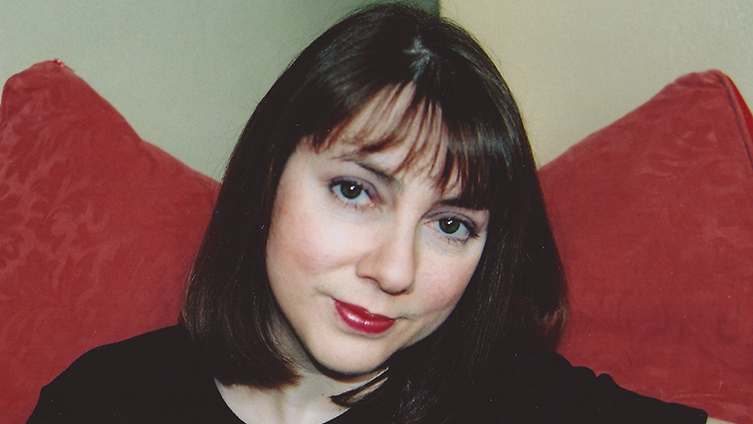
Our Writer of the Week is Gillian Harvey. Gillian’s story, “Holy Night”, appears in the December 18 issue, which is on sale now.
“Holy Night” makes for a poignant, feel-good read. How important is the message of hope in your stories?
I’m not a fan of clichéd, “happy” endings, but it’s nice to leave the reader with a sense of hope. It’s human to want to find a glimmer of light within the darkness. Even within a tragic situation, hope can sustain us. I want to leave readers feeling moved but ultimately uplifted.
You write characters’ emotions particularly well. Do you find writing from the heart an easy process?
I’ve always been quite good at reading people and understanding situations from others’ points of view. It makes it hard to watch the news sometimes, as I have a tendency to take everything to heart. Basically, I’m an emotional wreck. But it’s a handy skill to have as a writer.
You’re an accomplished novelist and features writer. Do you prefer to write fact or fiction, and what’s more challenging?
I enjoy writing features, but my real passion is for fiction. I’ve been writing stories since I was about five years old. When it comes to features, I enjoy the challenge of taking a subject and making it accessible and interesting for readers; it’s great to connect with different interviewees and learn about different people’s lives. But fiction is definitely where my heart is.
If you could be successful in another field, what would it be and why?
I used to play the cello – I got to about grade 6, but life got in the way and I abandoned my lessons. When I watch cellists on TV, I envy them sometimes. It must be amazing to be able to master a musical instrument and play it so beautifully. But I also realise that to be that good you have to dedicate hours each day to practice. One of the reasons I gave up the cello was because I felt I had to make a choice – and chose writing.
It’s lovely to be described as “successful”, but I’ve a long way to go when it comes to my craft and, more than anything, I want to succeed in my current field. I’ll just buy a cello CD to listen to while I work!
Who are some of your favourite authors?
I have different favourites for different moods. Sue Townsend’s books are always uplifting, and I love Nick Hornby – his ability to weave humour and emotional depth is something I aspire to in my own work. I’m also a fan of David Nichols. I’m trying, too, to explore more “new” authors: I recently enjoyed “Sorrow And Bliss” by Meg Mason and have just started reading “The Salt Path” by Raynor Winn.
Notebook and pencil or laptop? Kitchen table or study? Blank wall or inspiring view?
Laptop, study, inspiring view. I used to write everything by hand, but no longer have the ability. My hands ache after a page. I hide in my study, mainly to get some peace when the kids are home . . . But I do sometimes fantasise about sitting in a café and scribbling away.
What’s your one top tip for aspiring writers?
I think it’s important to keep going. I’ve had so many setbacks along the way and have wanted to give up at times. But if you have a passion for writing, it’s important to pick up your pen and ignore the naysayers.
I’ve also learned not to be afraid of feedback, to appreciate constructive criticism and use it to become a better writer. In the past, I sometimes felt anything other than positive feedback was an indication that I was just not good enough, but now I see its value.
Although every book has an author, editors, readers, critics and fans are all part of the process. You never stop growing as a writer, so take advantage of any additional insight people are willing to give.




